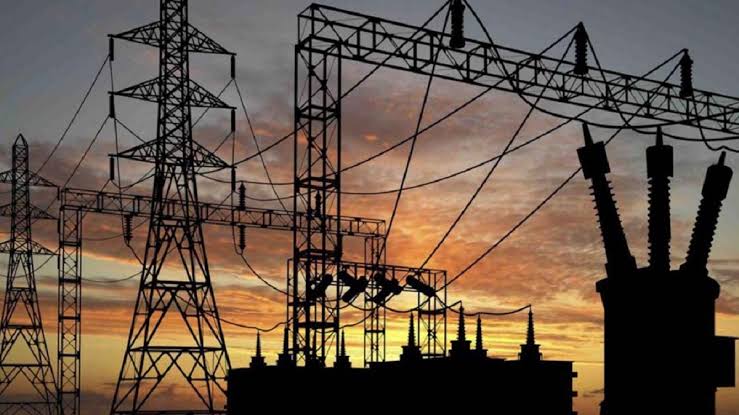Barely 24 hours, the electricity workers under the umbrella of the National Union of Electricity Employees (NUEE), and the Senior Staff Association of Electricity and Allied Companies (SSAEAC), have suspended an industrial action commenced in the early hours of Thursday, 25 September, 2025.
Before today, the industrial action resulted in a complete collapse of the national grid, with power generation reducing from a pre–strike level of over 4,000 megawatts to a zero–nothing. This has earlier paralyzed electricity stability, crippling economic activities across the country, while inflicting unending hardships on millions of the citizens.
The impact of the strike is immediate, and damning. From the bustling megacity of Lagos as Nigeria’s commercial hub, to the political habitat of Abuja, across all the other cities of the 36 states of the country—homes, businesses, and essential services were thrown into blackout amid widespread power interruption.
The implication of the civil resistance also triggered a cascade of environmental crises. Hospitals were plunged into relying on expensive–fumefilled generators, as patients’ health remained vulnerable.
Likewise, small and medium–scale enterprises, a sector that is significantly contributing to Nigeria’s struggling economy, similarly shuttered operations.
NUEE Strike, Why?
The industrial action stemmed from the unresolved longing disagreements between the electricity union and the Federal Government of Nigeria, particularly the Power Ministry, and the Bureau of Public Enterprises (BPE). The union pointed to the government’s total disregard, failing to honor the agreement between the two parties, two years ago, as the primary reason for the strike.
Other catalysts cited included unpaid severance benefits as a result of non–payment of former workers’ entitlement who were offloaded due to the termination of Power Holding Company of Nigeria (PHCN) when the sector was privatized in 2013.
The union is also fighting for the implementation of the conditions of service for the government–owned Transmission Company of Nigeria (TCN). The association emphasised that the absence of the documentation has left workers without clear guidelines on career progress, allowances, and job security.
Among other claims, the organization has strongly condemned the TCN management for their move to privatize the only remaining fully state–run segment of the power value chain. This is in addition to the allegation made against the management, of undertaking a recruitment exercise without due consultation, flagging it as a plan to eliminate the union’s influence.
Failed Negotiations Sparkle Prompt Government’s Reaction
Responding to the civil struggle, the federal government has released a statement, showing their commitment to welcome a dialogue. The Ministry of Power has assured of emergency meetings with the union’s leaders. This has proved little to no appeal to the NUEE, claiming that several earlier negotiations have resulted in empty promises.
The union became optimistic to continue the struggle until tangible action is taken, noting that the government has taken their patience for weakness.
Therefore, this has prompted a decisive agreement to call off the strike, after a yielded agreement when the union signed a Memorandum of Understanding (MoU) with the Minister of Power, Chief Adebayo Adelabu; Transmission Company of Nigeria (TCN) and the Nigerian Independent System Operator (NISO) in Abuja.
Meanwhile, the economic implications of the blackout continued to surge as at the time of filing this report. The Lagos Chamber of Commerce and Industry (LCCI) has estimated the cumulative losses since the beginning of the strike running into billions of Naira on a daily basis, threatening to deepen the already high inflation rate, especially for perishable goods that rely on refrigeration.

